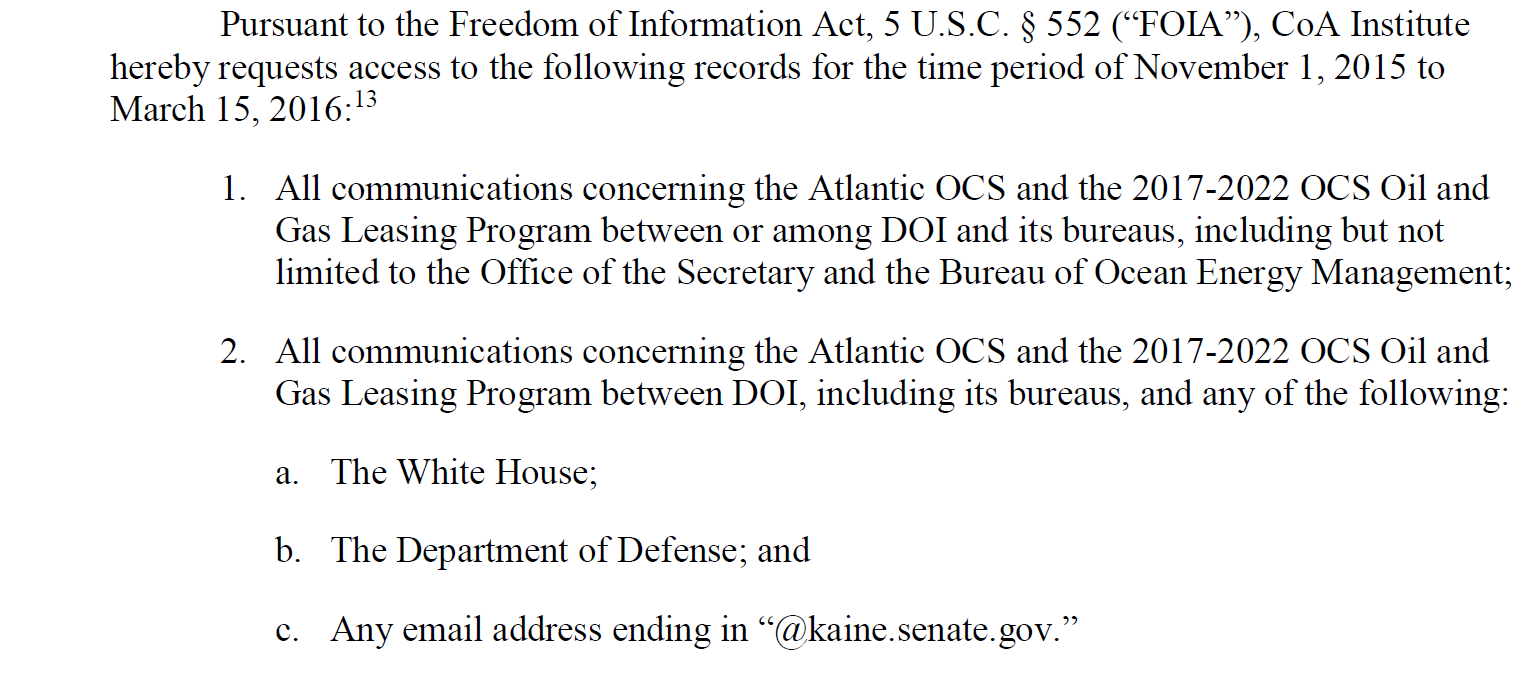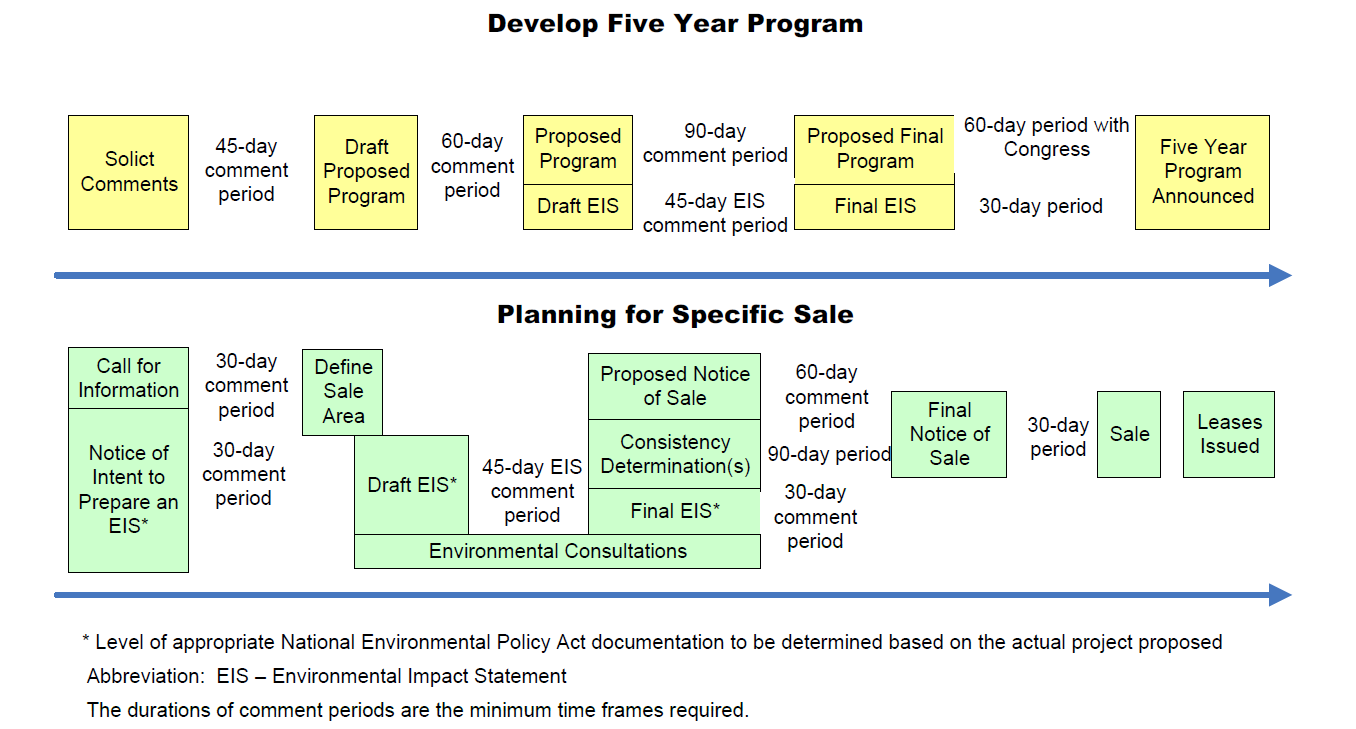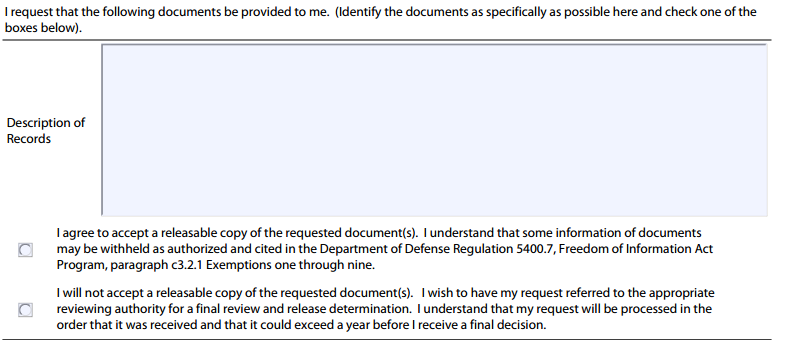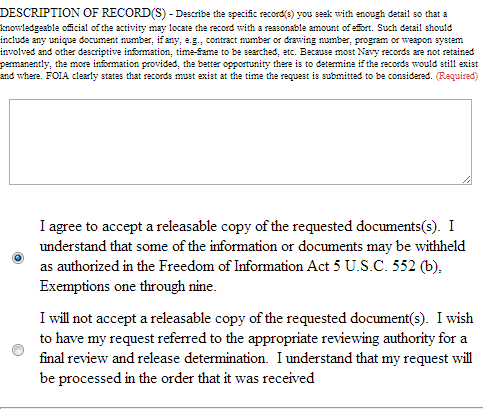Cause of Action Institute has signed a joint letter with groups from across the ideological spectrum urging the Chairmen and Ranking Members of the Senate and House Committees on Armed Services to oppose the Department of Defense’s (“DOD”) sixth attempt to undermine the Freedom of Information Act’s (“FOIA”) through a new FOIA exemption.
The DOD proposal would use the FY2021 National Defense Authorization Act to exempt from disclosure “information on military tactics, techniques, and procedures, and of military rules of engagements.” The coalition writes:
The Pentagon’s proposed language would undermine FOIA by creating an unnecessary and overbroad secrecy provision at odds with the law’s goal of transparency and accountability to the public…The Department of Defense, and all federal agencies, already have broad and proper authority to withhold classified information under FOIA exemption one, and to withhold unclassified information under a variety of other statutes… We cannot support the proposed language, but we encourage the Defense Department to work with the committees of jurisdiction over FOIA to address the outstanding concerns and accomplish those mutual goals without codifying language that could be easily abused to keep the public and Congress in the dark about our military.
CoA Institute previously signed a coalition letter pushing back on a similar DoD proposal in 2017.
Read the full letter here.







